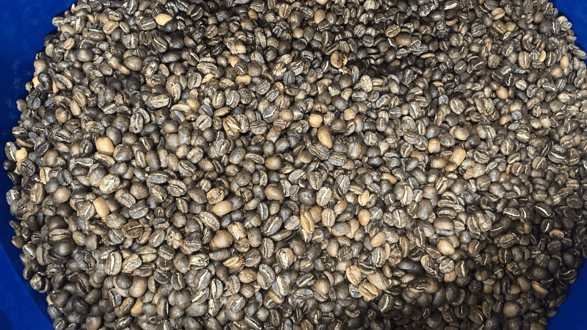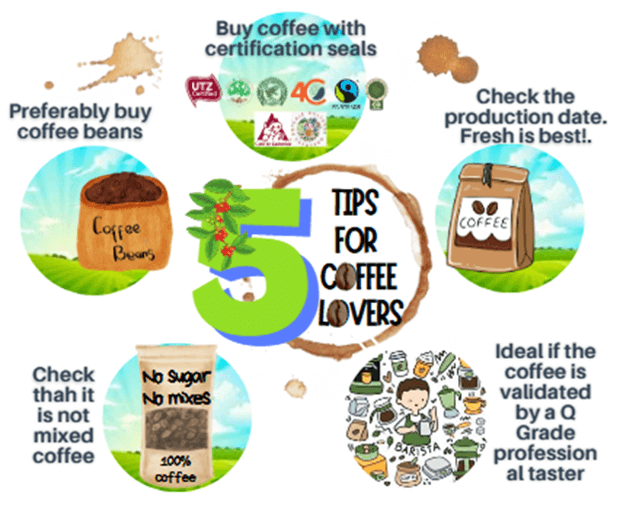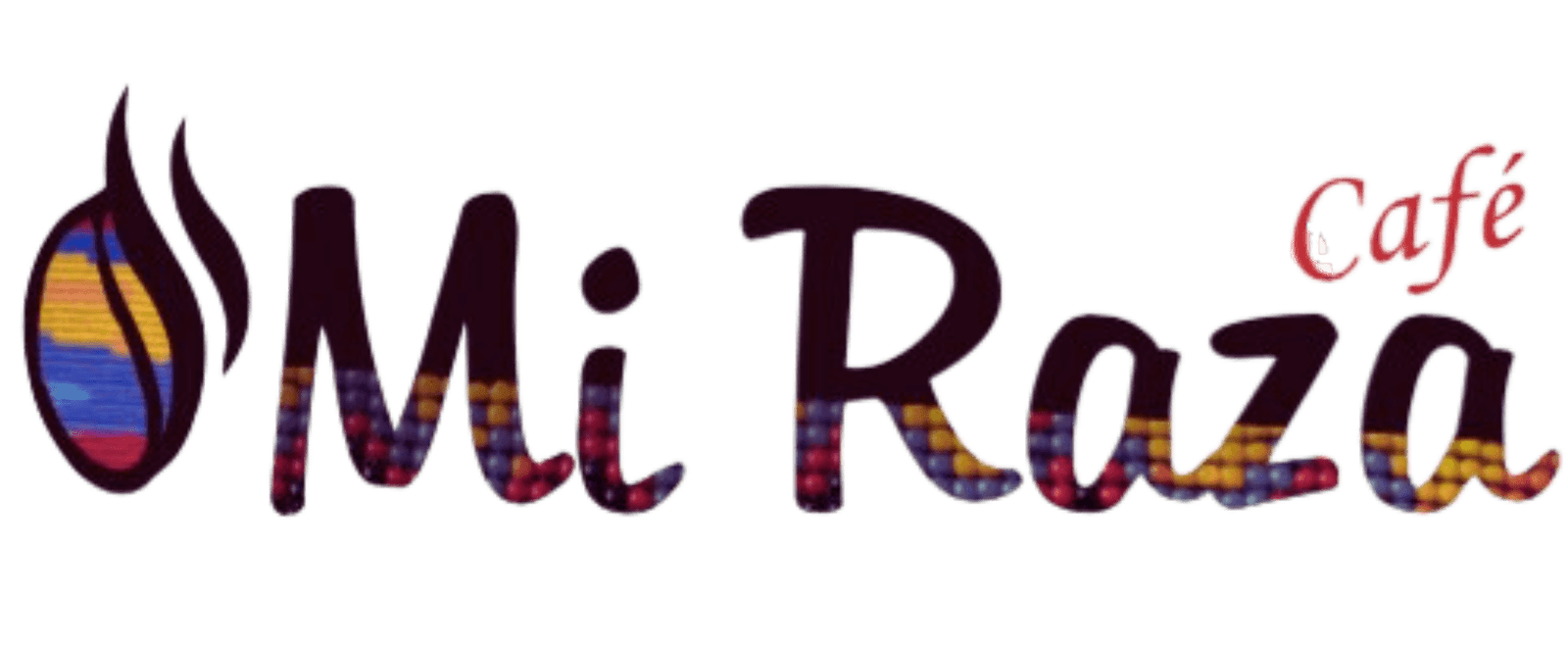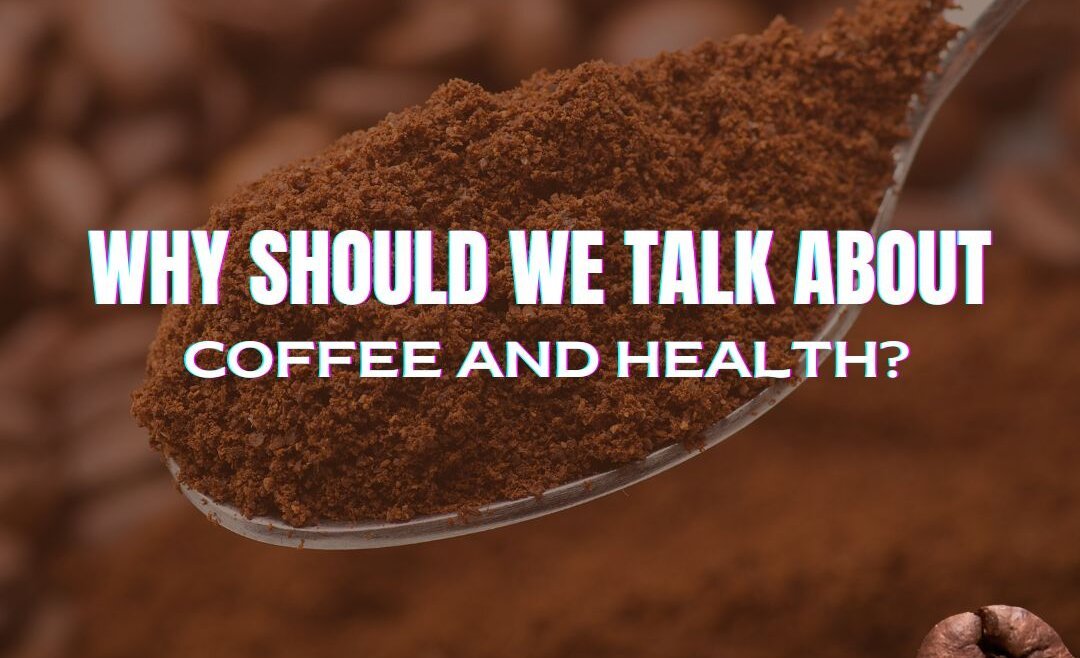
If we drink poor quality coffee (the most popular drink in the world, drinking more than 2.25 billion cups a day) it can dramatically affect your health.
Industry coffees that are sold in large quantities without providing information to the consumer about their origin, content and quality, usually contain impurities that are toxic to consumers.
Mostly these types of coffees cause headaches, stomach pain, fevers, a bad feeling in general and can lead to various diseases.
On the contrary, drinking good quality coffee can help improve some health problems such as Parkinson’s disease, melanoma, prostate cancer and even suicide; not counting the activation and feeling of well-being to do some activities. That is why it is important to know the origin of the coffee you are drinking.
Imagine drinking a 100% Colombian coffee with a delicious flavor and at the same time connecting with a social purpose. Click on the following link: Mi Raza coffee!
Let’s talk about what could be the reasons why coffees that do not help your health are sold on the market:
a. Without a doubt, the most determining factor in producing poor quality coffee is poor agronomic management of the crop: poor fertilization, poor pest and disease control plans, and old coffee trees that are difficult to harvest.
No. 1. Poor coffee harvesting on the farm.
b. Poor selection in the lots by the collectors; either due to ignorance, lack of maturity, deficiency in training the maturation scales so as not to affect the cup or passes made too quickly due to money needs at the end of the week.
c. The industry uses the lowest quality coffees produced on the farm, commonly called pasillas. These coffees are beans brocaded or damaged by insects, poorly formed, that did not ripen and that, in general, had a good benefit to reach your cup.
No. 2. Roasted coffee with problems of poor selection on the farm.

d. Processes for processing without quality control: long fermentation times, washing with poor quality water, poor drying (ideally 10 to 12%) or prolonged drying that reduces grain moisture, killing the embryo and causing cup defects, poor storage and In general, poor process from the farm to the threshing centers.
How do we really know the quality of the coffee we drink daily?
Thanks to the SCA (Specialty Coffee Association) of the USA, the method was developed that qualifies the quality of coffee with 100 points and has 10 variables that tasters and roasters around the world can use to identify the quality of the coffee.
In general, if a coffee receives a score of more than 80 points, it falls into the special category and it can be ensured that it does not have cup defects.
This assures the consumer that they are no longer drinking coffee that causes problems and affects their health. In addition to this, you can add a fresh coffee fragrance with some floral notes, a slight nutty flavor or some fruits.
Fragrance is an attribute to evaluate with dry, freshly ground coffee. When we add hot water we will perceive the aroma where the same notes stand out or some others can stand out to improve and give it a better rating.
Color can also indicate good quality. If we talk about green, its color must be uniform and “bluish”, without streaks or brown colors.
These colors can be signs of mold which can produce toxic substances such as aflatoxin (Substances that can depress the human body’s immune system, thus contributing to many health problems, which can range from cancer and susceptibility to HIV to delayed growth in children).
If we are talking about freshly roasted coffee beans, this should be uniformly brown in color, not BLACK and marbled, this would indicate bad taste and problems in the process that we mentioned above.
Finally, we leave some recommendations for consumers who want to take care of their health and want to enjoy a good coffee:

1. Buy your coffee with seals that guarantee that the coffee has the best processes on the farm and in its transformation: FLO, UTZ, RAINFOREST ALLIANCE, GOOD AGRICULTURAL PRACTICES.
2. Check the manufacturing and expiration date, although coffee packaged and stored in good conditions does not lose its qualities quickly, it is good to drink fresh coffee.
3. Preferably buy coffee beans. This ensures that when you grind it; The grain is just beginning its process of releasing its best attributes to the drink.
4. Make sure your coffee is 100% coffee, it seems redundant; but it is key that it is not mixed with other substances and could affect your health.
5. IF YOU HAVE THE OPPORTUNITY TO VERIFY IF YOU HAVE THE EVALUATION OR SCORE CERTIFIED BY A Q GRADE, it would be ideal….
Now, enjoy a good cup of coffee and help your health with the second most consumed drink in the world…
Contáctanos +1 6897102484 – +57 3128666453
Fuente:
1. NCA. National Coffee Association. 2024. Informe.
2. Norma NTC 5181. Norma Técnica Colombiana para comercializar café.
3. SCA.coffe.com

